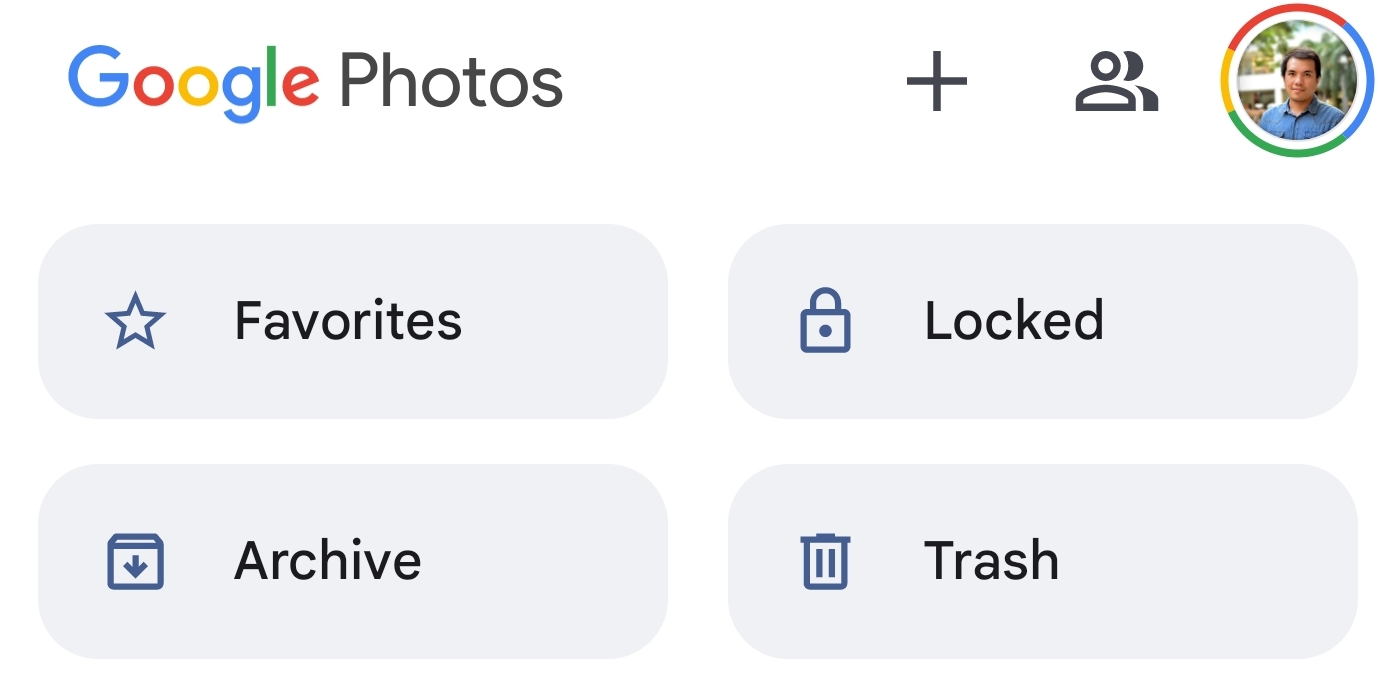techkritiko@gmail.com (Jay Bonggolto)
2024-07-04 09:59:01
www.androidcentral.com
What you need to know
- Google Photos’ Locked Folder is now just a few taps away in the “Library” tab, making it easier to find.
- Previously hidden in the Utilities section, the Locked Folder now sits alongside Favorites, Archive, and Trash in the Library tab.
- This change was first spotted in version 6.89 of the Android app and is being rolled out to iOS users as well.
Google Photos is updating to make your Locked Folder easier to find—now just a few taps away from the “Library” tab.
Before, you had to dig through the Utilities section in Google Photos to find your Locked Folder, which was a bit of a hassle. Now, with the latest update, this hidden section is right up front in the Library tab, sitting alongside Favorites, Archive, and Trash. This change was first spotted by 9to5Google in version 6.89 of the Android app, and it’s also making its way to iOS users.
This update also means that Locked Folder has taken the place of the Utilities button at the top of your Library tab. Google has already updated its support documentation to show the new setup.
For the uninitiated, Locked Folder is a secure vault for your sensitive media. It’s password-protected and hidden from the main gallery and other apps, keeping your designated photos and videos safe. However, it used to be a bit tricky to find, buried deep in the menu system and requiring several steps to access.
The goal of this update is to make accessing Locked Folder faster and more convenient. The web version of Photos already had the Locked Folder in the navigation drawer, and now the mobile apps are catching up with this streamlined design.

Meanwhile, the Utilities section has been revamped, with most of its features now available by clicking the “+” icon near your profile picture. This shortcut lets you create new albums, share with a partner, and import photos from other sources.
This seemingly small update is set to spotlight the Locked Folder, catching the eye of users who might not have known about or used this secure storage feature before. Since we frequently share our phones with people we trust, but not necessarily all our information, adopting this security tool is a smart move for everyone.











































![ROBLOX – Scary horro game. – [Full Walkthrough]](https://techcratic.com/wp-content/uploads/2024/11/1731892506_maxresdefault-360x180.jpg)














![Dead Space: Downfall [Blu-ray]](https://techcratic.com/wp-content/uploads/2024/11/41LXWW-fC5L-360x180.jpg)








